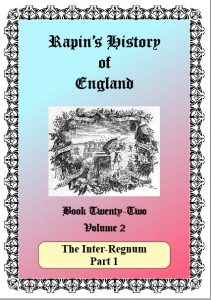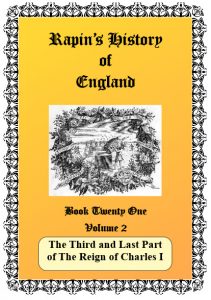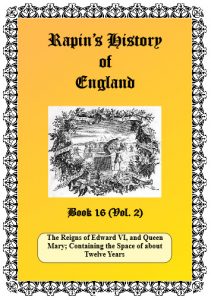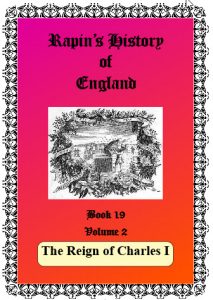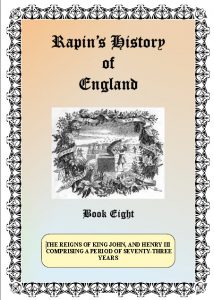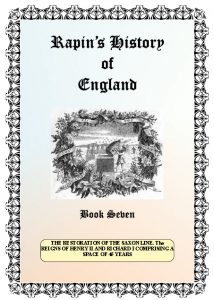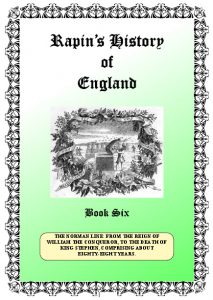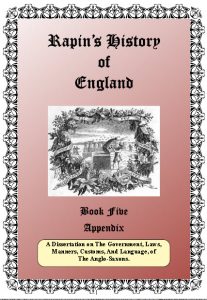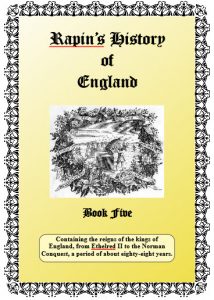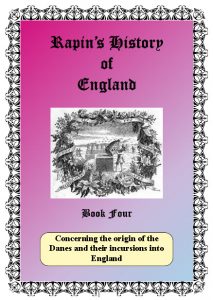TO understand the revolutions in England after the death of Charles I. we are necessarily to remember some material things which have already appeared in the foregoing reign, and of which it will not be amiss to make here a short recapitulation.
A Recapitulation of Some Important Matters
First, The Parliament now sitting consisted properly but of a House of Commons, who refused to acknowledge the negative voice of the Peers, This they had manifestly shewed in erecting a Court of Justice to try the King without the concurrence of the Lords, whose consent was voted unnecessary.
Secondly, This House of Commons was composed of a final number of members, all Independents, Anabaptists, or other sectaries. All the Presbyterian members who sat in the House the 6th of December were expelled by the army; and the absent, whose Principles agreed not with those of the Independents, durst not resume their places. If ever there was an usurpation, it was this maimed Parliament’s Government, founded only in violence, and wholly supported by the army. For though the House of Commons pretended to represent the people of England, it is very certain, the nation afforded but few persons, who were pleased to see the sovereign power lodged in the hands of such representatives.
Thirdly, The Independents, of whom this House was chiefly composed, were distinguished by two principles, one relating to the civil, the other to the Ecclesiastical Government. By the first, they asserted, that the Republican Government was not only the most perfect, but also absolutely necessary for England, after so many oppressions from her Kings, who had changed the Government into a real tyranny.
